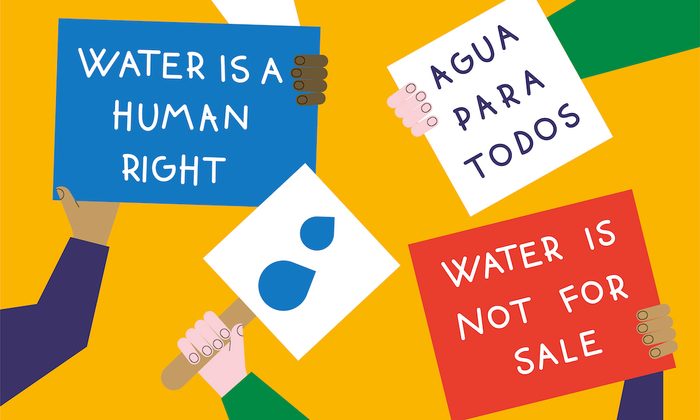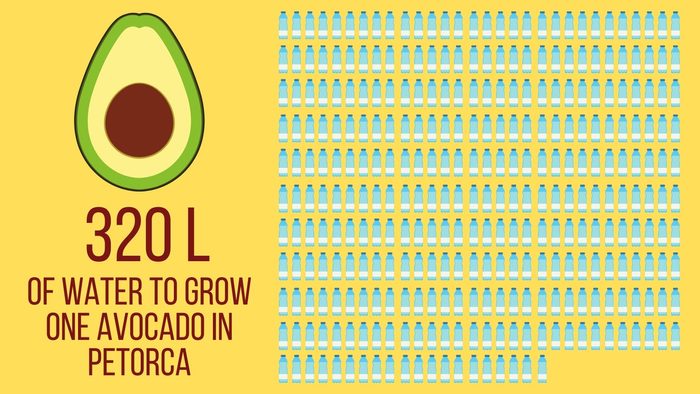Good morning, this is Michelle, bringing you our first solutions-focused newsletter. Today, we launch our series into water security, where we explore how our most precious resource is dangerously fading.
From using water to rebuild peace in Syria to West African countries jointly managing their transboundary rivers, we look at the many responses being explored to guarantee our future access to the water we share, many here within the Geneva-based international community.
To kick things off, we travel to drought-hit Chile, where activists are battling to redesign their water model through a new constitution. |
|
🇨🇱 Reclaiming water in Chile
|
|

(Credit: Rocio Egio for Geneva Solutions)
|
|
Some 180 km north of the Chilean capital of Santiago, lush green rows of perfectly aligned trees cover the semi-arid hills of Petorca, Valparaíso. The kilometres-wide fields of knobbly, blackish Hass avocados offer a staggering contrast with the surrounding parched, cracked lands.
Accused of running the region dry, the world-renowned green gold has become a symbol of Chile's water crisis. While companies pump thousands of litres of water per second to irrigate their plantations, nearby communities get their water delivered by cistern trucks.
As Chileans prepare to replace their Pinochet-era constitution, there are growing calls to enshrine the human right to water and put an end to its unsustainable exploitation. But dismantling a 40-year-old water market that has surrendered 90 per cent of the country's freshwater to private actors, while facing one of its worst droughts ever, will need more than a new constitution.
Chile is coming to grips with a challenge that many other countries sooner or later will have to face as global warming continues to shrink the water supply. Who should get to own water?
Read more in Geneva Solutions (EN)
|
|
Here's what else is happening
|

(Credit: Geneva Solutions)
|
|
|
GS news is a new media project covering the world of international cooperation and development. Don’t hesitate to forward our newsletter!
Have a good day!
|

|
|
Avenue du Bouchet 2
1209 Genève
Suisse
|
|
|
|









